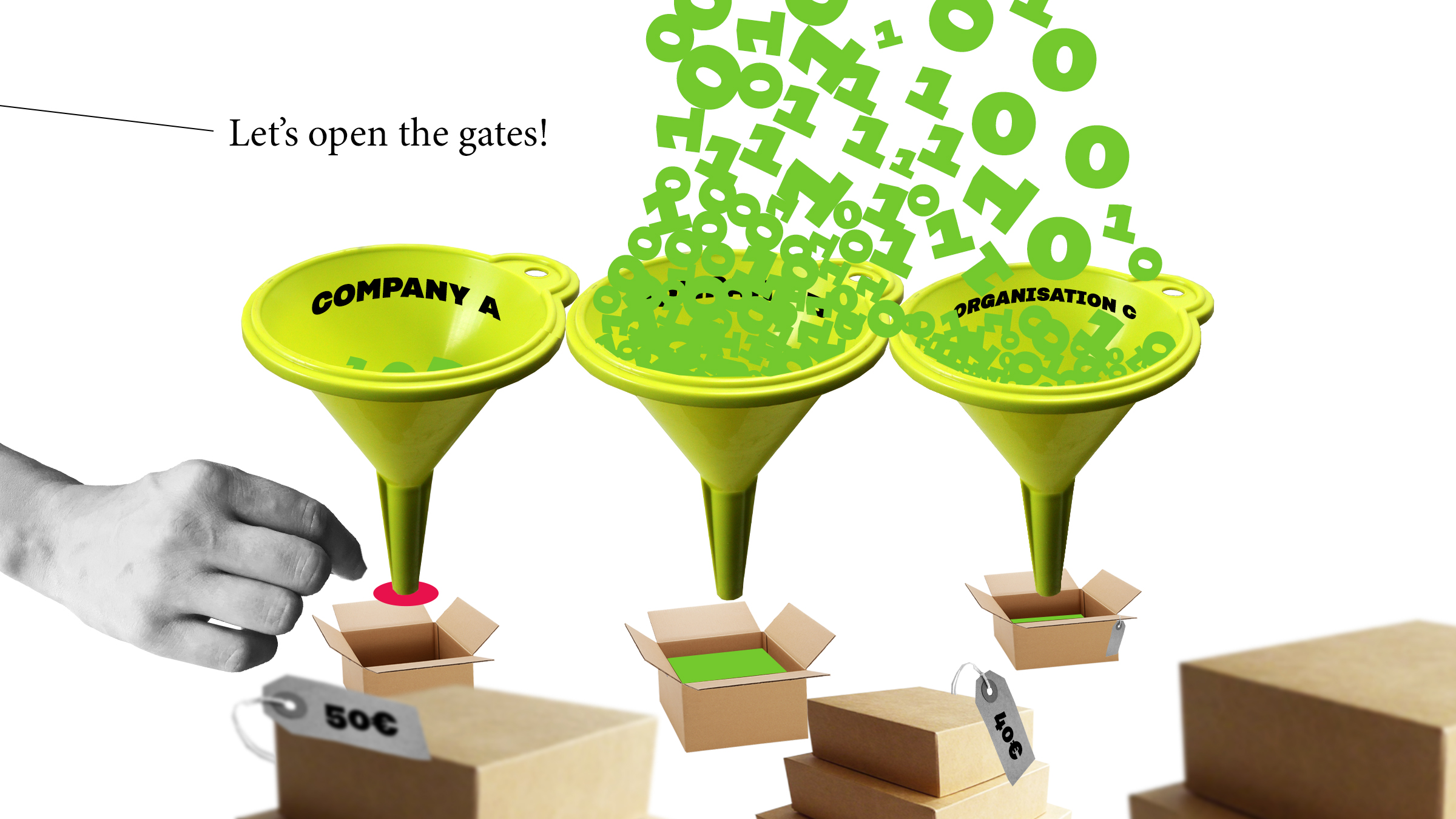Data does not have any intrinsic value; before it is enriched, it has zero value. The value of data is generated by sharing it and enriching it to form new products and services. The more data that is shared, the higher its total value can become.
A good example of the need for sharing and enriching data is smart traffic, where data is held by several parties. Data must be compatible and move from one system to another to facilitate the emergence of a smart traffic system.
“Businesses should consider the principles of data sharing: is data shared with existing parties in the network or with third parties as well?” asks Timo Seppälä, Chief Research Scientist at Etla.
“Currently, data is shared with known parties that are pre-approved by companies. Data sharing should also be expanded to cover third parties, but this requires agreeing to it with both suppliers and customers.”
The model presented in the study assesses the increase in value generated by sharing and using data. The figures used in the model are based on the profit and balance sheets in different industries and companies.
According to the study, a company’s data resources should be divided into four categories:
- the company’s proprietary data
- data shared with trusted partners
- data shared with other stakeholders
- open data.
Companies should identify the internal and external data flows: data is primarily generated by providing products and services, and the company can use the data thus generated itself or share it with others. When a company categorises its data repositories according to the model and creates a data strategy, it can share data with others and receive data from other companies based on clear rules.
Sharing data is important to companies and other parties due to the fragmentation of customer requirements as well as the development of society. Almost half (49%) of companies already share data with other companies.
Etla’s study, The Resource Dependency of Data: A Prospective on Data Sharing in Supply Chains (report available on SSRN’s web page) aims to investigate the value of shared data in industrial and service value chains and to develop a method for studying it. The study was carried out as part of Sitra’s fair data economy IHAN project.

















Recommended
Have some more.